“A drop of water,Lucy Larcom
if it could write out its own history, would explain the universe to us.”
2nd International Symposium of Design for Living with Water
2nd International Symposium of Design for Living with Water, will be held at the Faculty of Engineering and Architecture, Department of Interior Architecture, Beykent University in Istanbul, Turkiye from November 18 to 19, 2020.
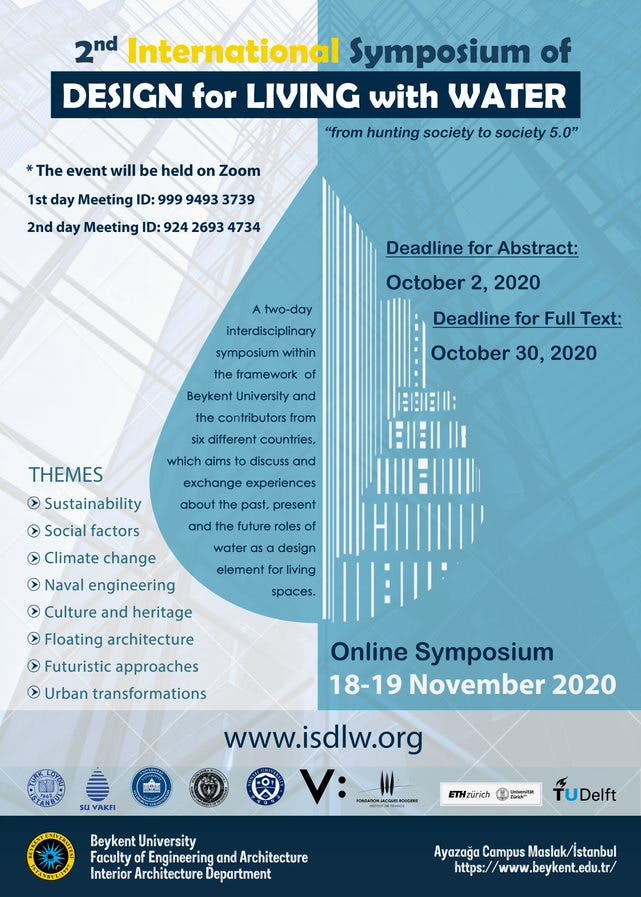
Water is the main life source for human beings starting from birth. Throughout the history, this vital element affected every field of life as well as the discipline of architecture and design, which have the mission to create comfortable and livable spaces for humans. It is observed that apart from alternative living spaces to terrestrial architecture in traditional forms, during the recent years, the studies which include the analysis as to space hotels, floating spaces and effects of spatial characteristics of pole stations on the users have increased. One of the reasons for this is that people's need for alternative living spaces and resources has come up. The association of the concept of human-space-water is being considered together more frequently day by day.
In recent years, there is a growing focus on living with water due to extreme climate changes, rising density, economical trends, and sustainability problems. Scientists and futurists from all over the world are indicating the solutions for living with water and predict that the relationship between humans and water will increase. Not only the countries which have the risk of flood, or rising sea levels, but also the other countries which have the probability of effecting by the climate changes are taking into consideration water-based solutions. Also, the flow of capital and changing human lifestyle requirements show us water as an alternative living space.
Although the concept of living with water seems revolutionary, the human relation with water is not a new trend. In the scope of this symposium, different integration types of water to spaces from the vernacular models to floating homes will be discussed. As a response to the world’s sustainability problems, from both economical, socio-cultural, and also the ecological, we need to understand the importance of living with water. As the designers and engineers of the “climate change generation,” we have the responsibility to look at the past, present, and the future and ask the opportunities of water that we could apply, inform and transform to our designs.
We invite designers, architects, engineers, sociologists, students, and everyone who feels the need to create solutions sensitive to climate change and for the sustainable future of the world, particularly design with water.
Speakers
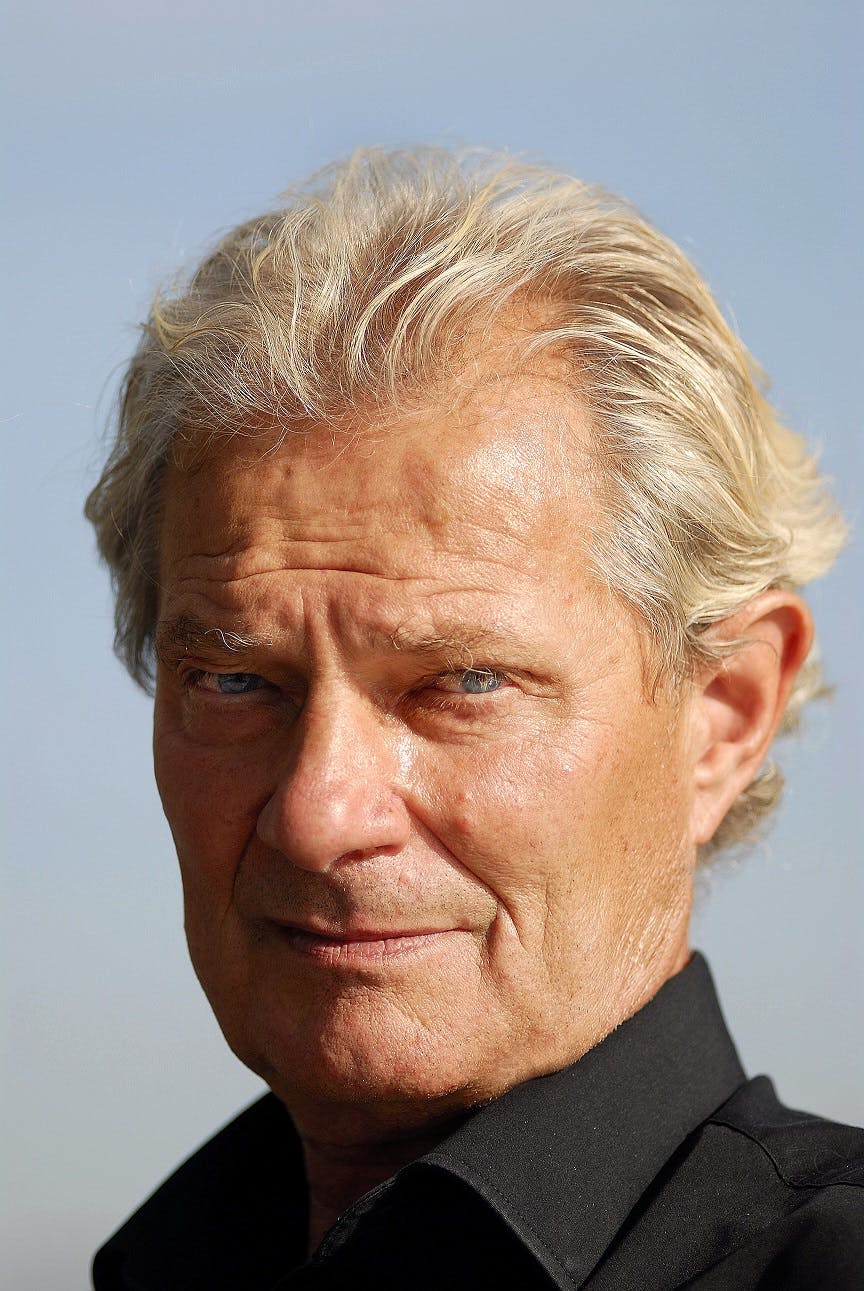
Jacques Rougerie
Jacques Rougerie is a French world-famous visionary architect, academician, Member of the Institut de France. Passionate about the sea, he has based his work and innovations on biomimicry architecture for more than 30 years. He is among the most famous architects in the field of marine and littoral habitats, known for his work on equipment respecting their natural environment, deeply inspired by Léonardo da Vinci, a man of both science and art. Throughout the world, his architecture agency builds scientific and cultural centers and museums of the sea as well as underwater laboratories and habitats, sports and leisure facilities, hotels, industrial equipment and airports. He recently won the competition for the conception of the "International Academician Park" in Qingdao, China. In 2009, he founded the Jacques Rougerie Foundation housed by the Institut de France. Through its annual “International Architecture Contest” dedicated to the future of the littoral, submarine and space habitats, the Foundation supports visionary, biomimicry architectural projects, encouraging the creativity and passion of young architects, engineers and designers, and helping them turning their projects into realizations.
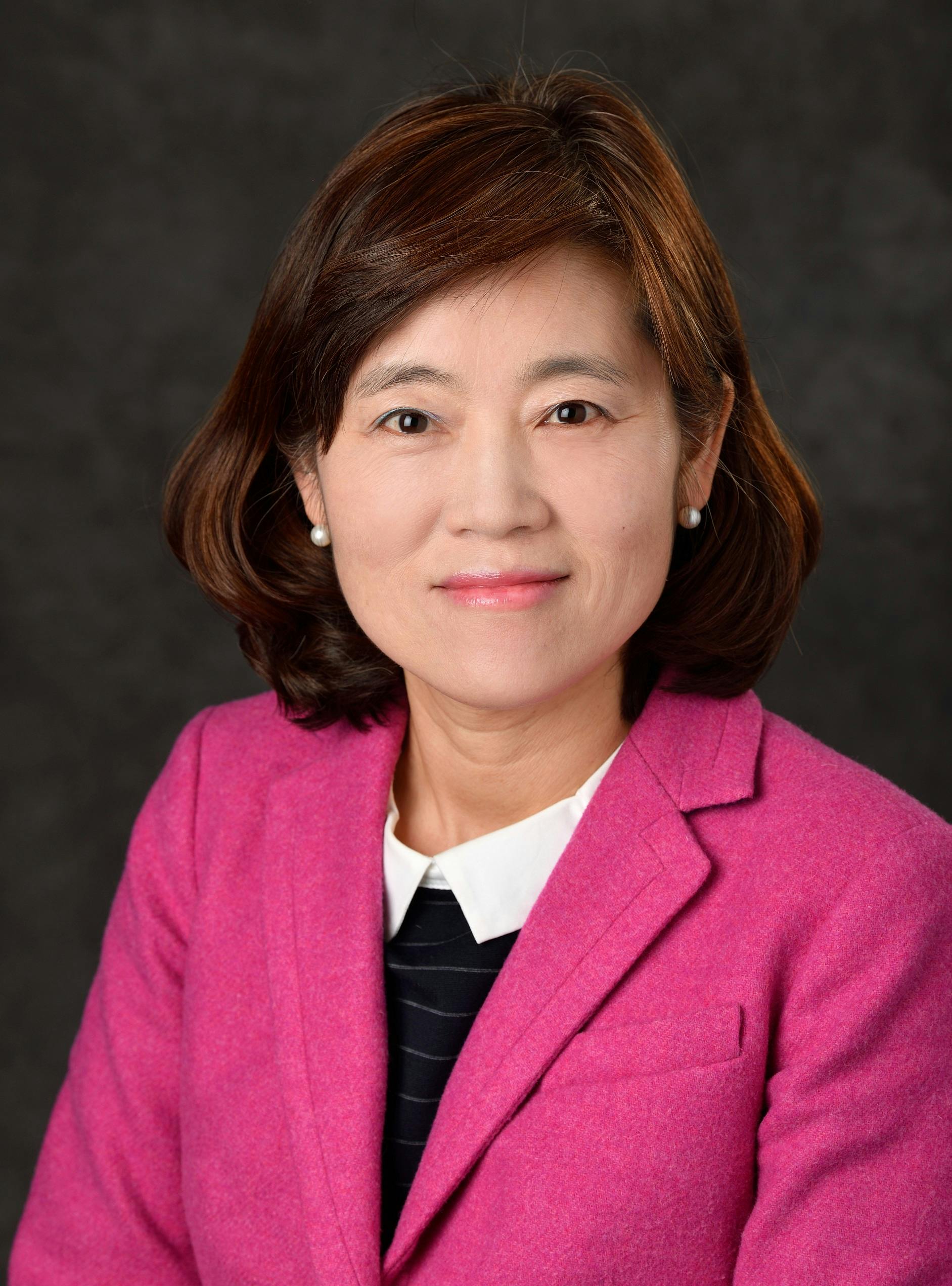
Assoc. Prof. Dr. Suk-Kyung Kim
Suk-Kyung Kim is an associate professor in the Department of Interior Architecture and Built Environment at Yonsei University. She had been an Assistant Professor of Interior Design at Michigan State University until August 2019. She was also the Program Director of Interior Design Program at Michigan State She received her PhD in Architecture from Texas A&M University (TAMU), her Master of Science and BS degrees in Housing and Interior Design from Yonsei University in Seoul, Korea. Kim also achieved the Certificate in Health System and Design from the TAMU College of Architecture. Kim’s research topics for funded research and publications include environmental behaviors and perceptions, green and affordable housing for low-income people, occupant satisfaction in green healthcare facilities, supportive design theory and its implications, accessibility and sustainability assessment of Michigan park buildings, and design for the elderly. Currently, she is involved in research projects that aim to improve occupants’ wellbeing in office spaces and students’ health and safety in school environments under the pandemic.
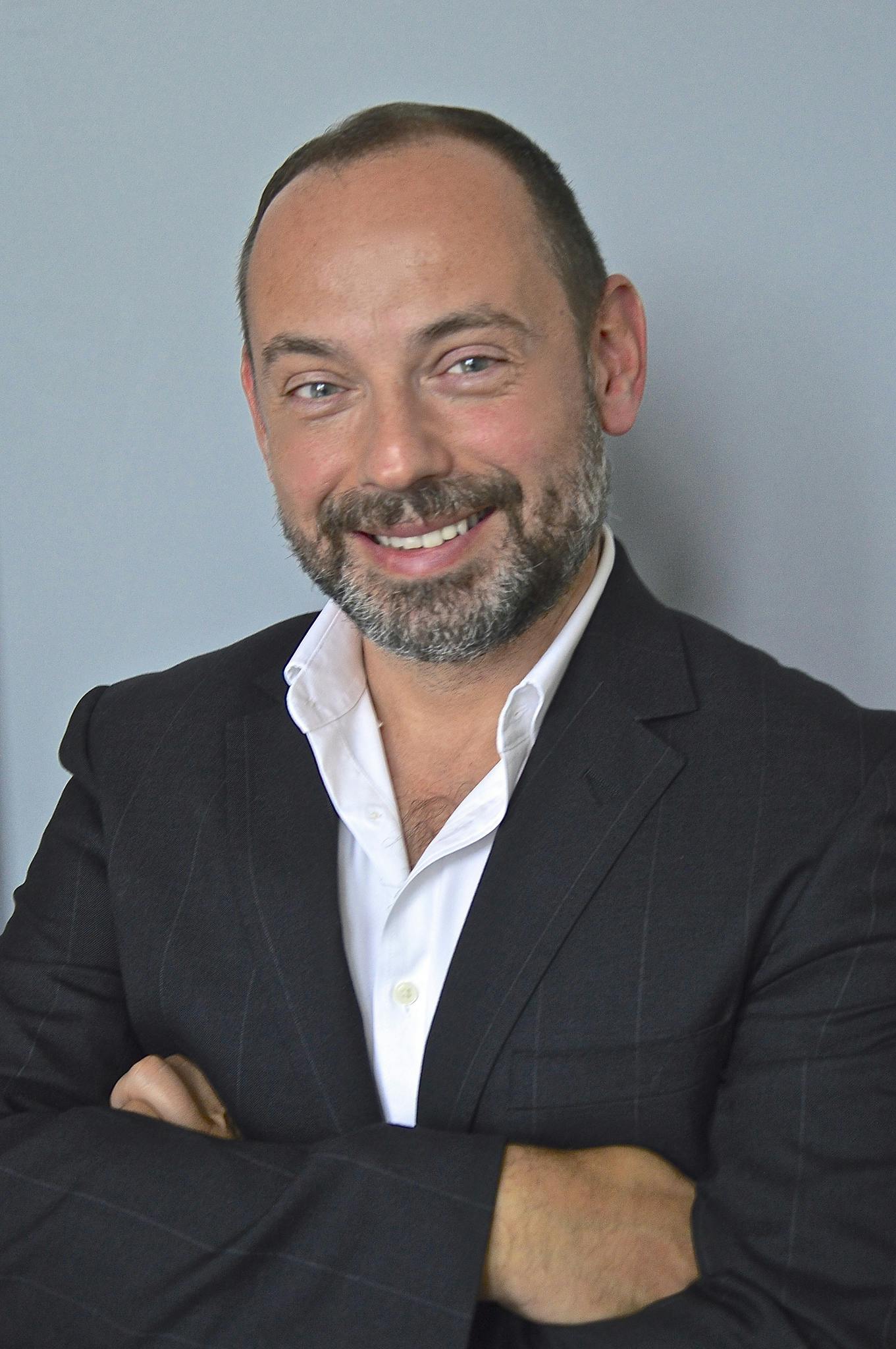
Assoc. Prof. Dr. Roberto Rocco
Roberto Rocco is Associate Professor of Spatial Planning at the Delft University of Technology, in The Netherlands. With a PhD in Spatial Planning by the same university, he specializes in governance, sustainability and spatial justice. Recent research focuses on understanding socio-technical transitions to sustainability in connection to spatial justice and social sustainability. Roberto works as part of a team for the Union for the Mediterranean (UfM), in charge of drafting an Action Plan for Sustainable Urban Regeneration and Development in the Mediterranean Basin. He has recently edited “The Routledge Handbook on Informal Urbanization” and coordinates research and education for the implementation of the New Urban Agenda. He is also the coordinator of the Summer School about planning & design with water in TU Delft. Website: [summerschooltudelft.org](https://summerschooltudelft.org/)
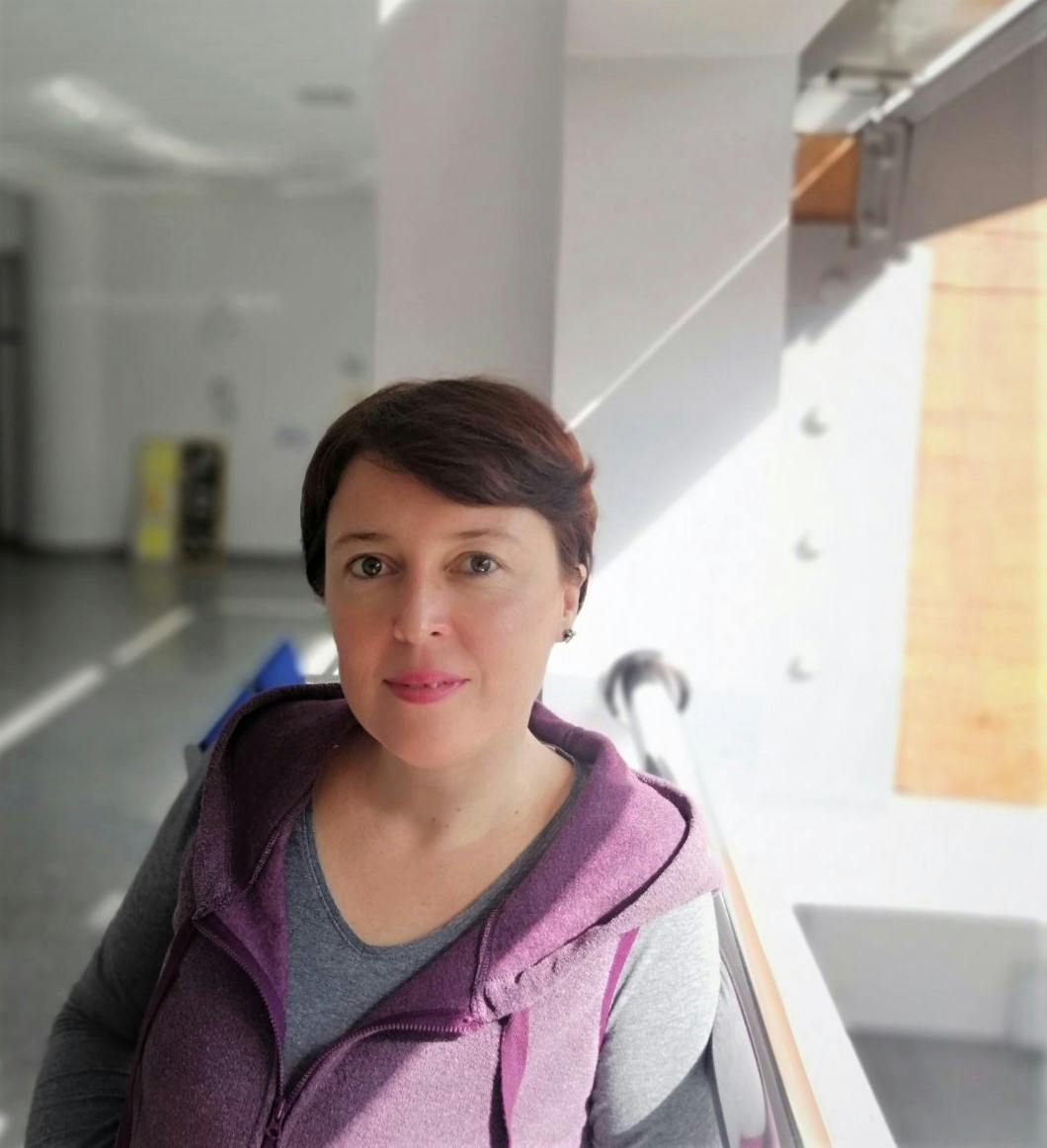
Assoc. Prof. Dr. Alma Hudovic Kljuno
Dr. Alma Hudovic Kljuno works as the Associate Professor at the Architecture Program of the International University of Sarajevo (Bosnia and Herzegovina). She mainly teaches design-based courses even though her research interests cover other fields as well, such as history and theory of architecture, social and political impact on architecture and urbanism, gender studies and architecture, etc. She graduated from the University of Technology in Berlin where she also obtained her PhD in 2017. In 2010 she received a grant from the Turkish Government for her PhD research in Turkey. Professor Hudovic Kljuno is an author of several research papers mostly focusing on contemporary mosque architecture and heritage. She was also invited as a guest lecturer in Berlin, Krakow, Raciborz, Lille, and Sarajevo.
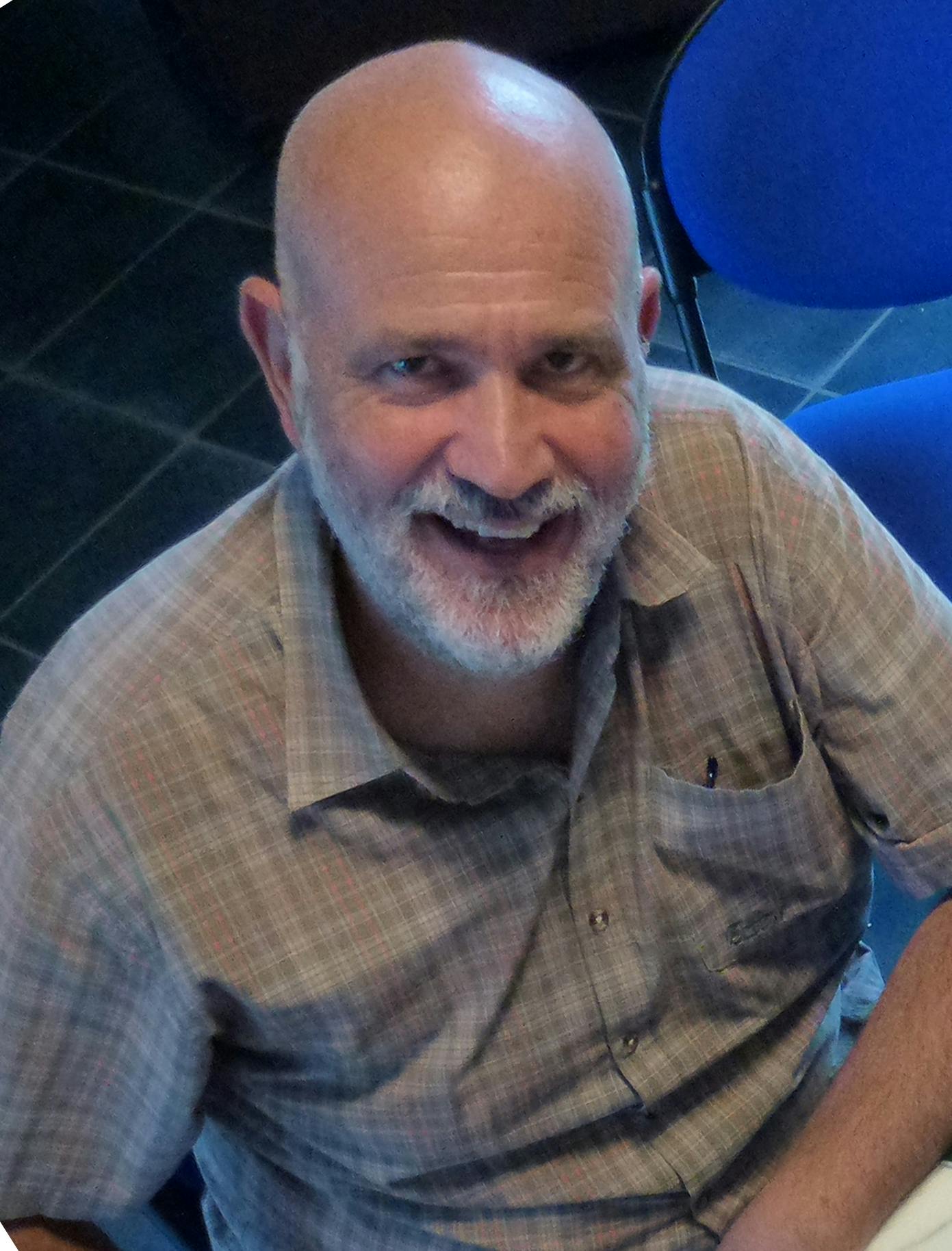
Assoc. Prof. Dr. Carlo Coppola
Carlo Coppola (Naples 1953) teaches Architectural and Urban Design and Industrial Design at the "Luigi Vanvitelli" University of Campania and at the "Edward J. Bloustein School of Planning and Public Policy at Rutgers, the State University of New Jersey". Member of the ECAADE, he has developed Generative Design since 1998 on the themes of Architecture and Industrial Design. He has been a member of the teaching board of the "Doctorat en Architecture", Ecole Nationale Supérieure d'Archiecture de Marseille (ENSA-M) and PhD thesis supervisor. He was also a member of the teaching board of the “Doctorate in Architecture, Industrial Design and Cultural Heritage" of the University of Campania "Luigi Vanvitelli" and the “Doctorate in Architectural and Urban Design and Architecture Restoration" of the Second University of Naples. He was Director of the Inter-faculty Master's Degree (Architecture / Medicine) "Architecture for Health" of the Second University of Naples and Member of Scientific Committee for the Constitution and activities of the Quality Life University Service Center (QuaLy) Full Member of the National Institute of Urban Planning and Member of the scientific committee of the journal "Scienze e Ricerche". Since 1983 he has been conducting research in the field of Architectural Design and Monumental Restoration with the computer’s tools support. He has participated in numerous conferences and sector exhibitions and has received numerous architecture awards; his projects have been published in national and international magazines. Currently he deals with the relationship between building and territory on the themes of "Rebuilding the built: for an Ecologically Additive Architecture". His most significant publications are: "Computers and creativity for architecture - Artificial intelligence and formal systems"; "Through Architecture - Procedural representation and algorithms for the generative project"; "Vertical Gardens - Application of a generative design algorithm"; "The logic of Artifacts - Generative Design from Architecture to Industrial Design"; "Vincent Callebaut: towards an ecologically additive architecture". He has carried out his professional activity since 1981 and in 2000 has founded SCIAarchitettura&ingegneria study specialized in architectural design, restoration and urban design.
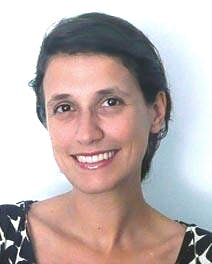
Assoc. Prof. Dr. Valentina Cristini
Valentina Cristini (PhD. Architect) is Associate Professor at Faculty of Architecture of Polytechnic University of Valencia (Spain) where she has been working since 2005, starting as granted student researcher. She has been visiting professor in several European and Extra-European Universities and Institutions from the beginning of her career. Currently she teaches both in graduate and postgraduate courses (MSc. Pedagogy). She has extensively published papers and texts on architectural conservation and she has joined several studies, projects and interventions for the preservation of monuments and vernacular architecture as in Spain as abroad. She's also fellow of Res-Arquitectura Group (link), Collaborator of Unesco Chair of Earthen Architecture/Unitwin/UPV (link) and she's referee for "Loggia" International Journal Editorial (link) among others. She actually collaborates with different Agencies and Extra Academic Institutions . She 's partner of ANVUR (as external consultant: Agenzia Nazionale Di Valutazione Del Sistema Universitario Della Ricerca, Italy), ACSUG (as external advisor: Axencia para la Calidade do Sistema Universitario de Galicia), European Heritage Volunteers (as collaborator projects: EU-funded NGO), World Monuments Fund (as external reviewer), Institute of Construction Sciences, CSIC, Eduardo Torroja (as external reviewer) and ANEP (as external evaluator: Investigation State Agency). Experience & Research field: Architectural conservation (principles & practice), surveying historic buildings, heritage education training, study of traditional constructive techniques and raw materials (i.e. brickworks, earth walls, masonries, jack arch floors, lime & gypsum mortars, natural fibers, among others).
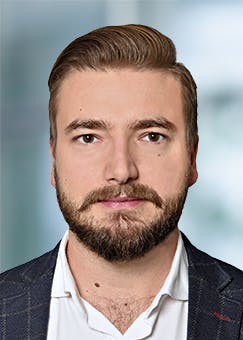
Dr. Haris Piplas
Dr. Haris Piplas studied in Sarajevo, Berlin, and Milan. He holds a PhD from the Swiss Federal Institute of Technology in Zurich (ETH Zurich), at the Department of Architecture. Is the author and associate in several urbanistic, landscape and architectural projects in Germany, Denmark, Austria, Eastern Europe, Morocco, Latin America, and other regions. He is also a co-author at Global Urban Toolbox which summarizes spatial and infrastructural challenges under the influence of economic-social, geopolitical and cultural aspects in Case study cities: Berlin, Los Angeles, Zurich, Detroit, Capetown, Beijing, Madrid, etc. Haris Piplas is the author of the publication of urban transformations in central and Eastern Europe dating 2020. – "City Action Lab: An Integrated Urban Toolkit for Reactivating Cities in Post-Socialist Central Eastern Europe." He was the editor-in- chief of two editions of the European Association of Landscape Architects (IFLA) called "Adaptive Capacity of Cities" and "Political Implications on the Urban Landscape." He is the initiator of the "Reactivate Sarajevo" Project, and the curator "Sarajevo Now" at the 15th Architectural Biennale in Venice, and also Keynote Speaker at the many international, professional and scientific conferences Such as "WeMakeTheCity" Amsterdam, AESOP (Association of European Schools of Planning), ISOCARP (International Society of City and Regional Planners) and "Metropolis non- formal", Munich, etc. Haris Piplas is also the former Chair Young Leader at Urban Land Institute, nominator Aga Khan Award for Architecture and the Advisory Committee of the European Forum Alpbach, as well as an expert Consultant at the many International Agency at the UN and the EU. Since 2020 he is heading the sector for Urban Design, Planning and Development at Drees&Sommer Switzerland AG department of ‘Integrated Urban Solutions’.
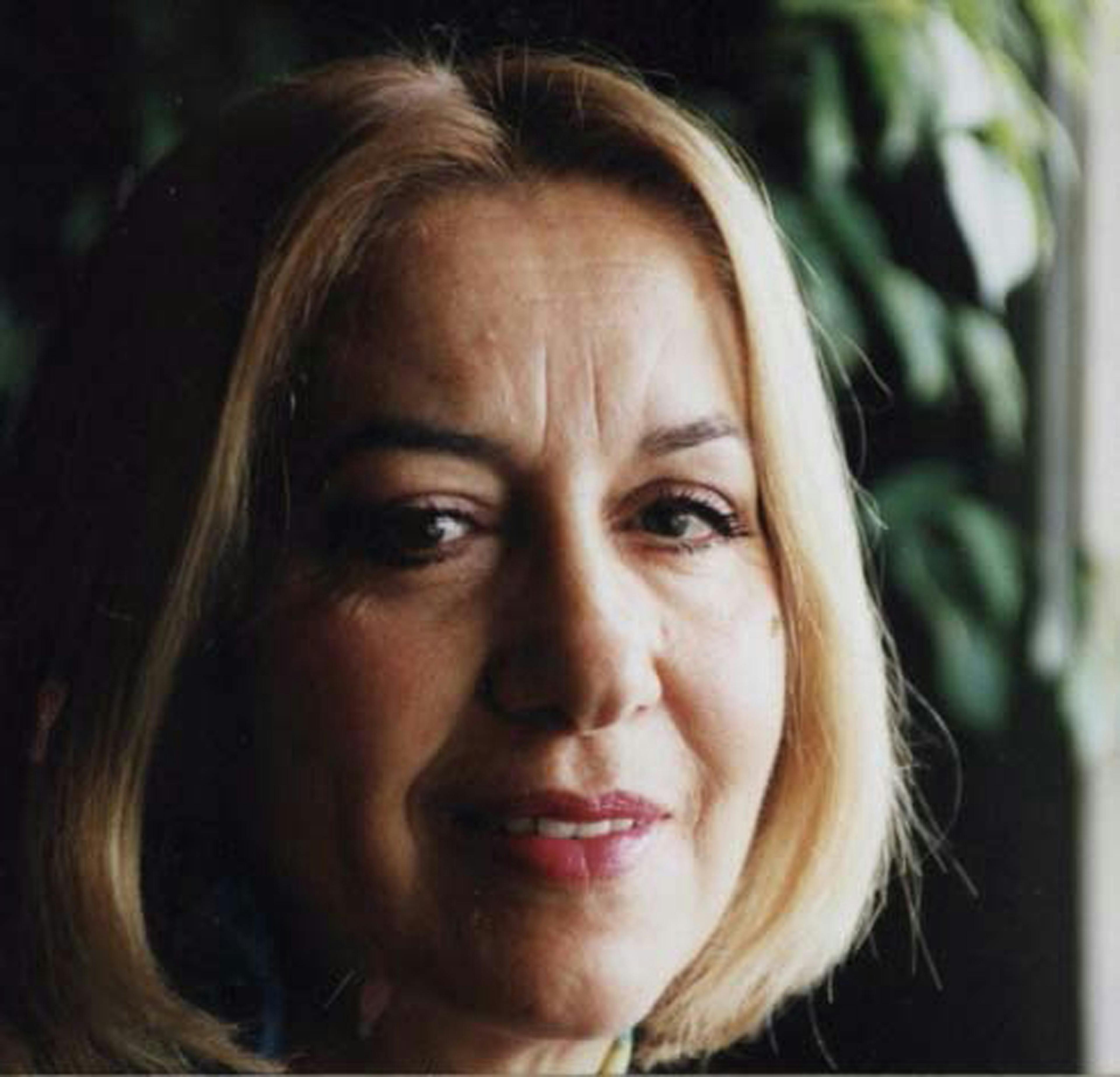
Prof. Dr. Şengül Öymen Gür
Dr. Gür, a graduate of the University of Pennsylvania (GSAS-PhD, 1978), received a Fulbright Scholarship (1972-77) and a grant from the DAAD (2002; 2008). She served at KTU (1971-2009). In 1989, she was promoted to a professorship. Currently, she teaches at Beykent University in Istanbul. She is an active member of CICA, WA, and the Chamber of Architects, and an intermittent member of IAPS, DRS, CIB W84, and IAHS. She is an honorary member of BTI (Bund Türkischer Ingenieure und Akademiker e. V) and SEA (The Sustainable Environment Association). She is the editor of Yakinmimarlik and the International Journal of Architectural Research and Development (Sydney), Mimarlık ve Yaşam (Kocaeli); and the disciplinary editor of Anadolu University and Beykent University Scientific Studies Journals. She also serves as a reviewer of SRE, e-Books, JADE, JAAP MEGARON, A/Z, Gazi, Uludağ, Trakya, Tasarım+Kuram. She is the author and co-author of 28 books and over 400 articles. She mentored over 100 academics. She is married and has two children.
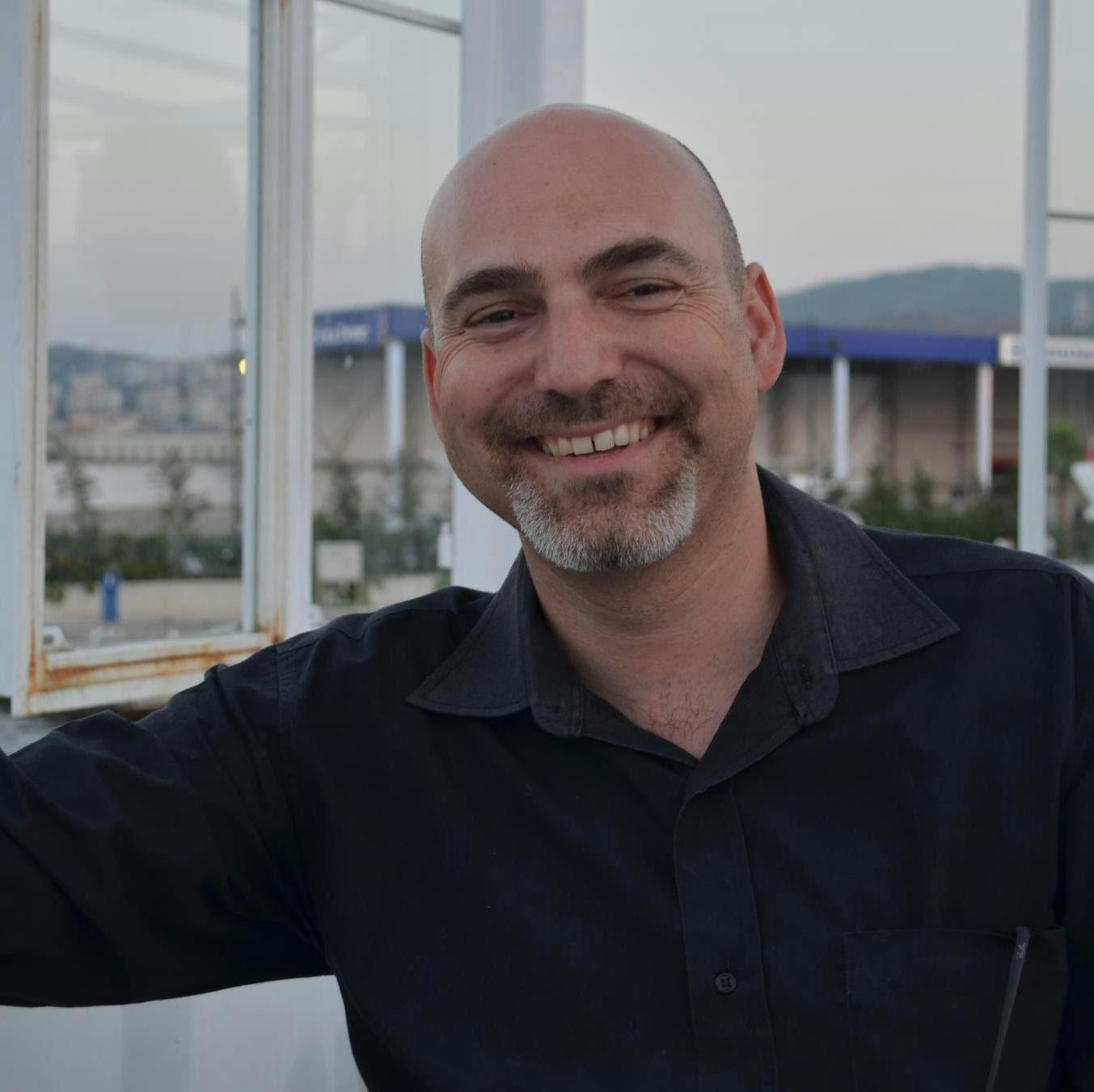
Dr. Kasim A. Korkmaz
Dr. Korkmaz is currently working as an Associate Professor in Construction Management and Civil Engineering Department at Eastern Michigan University. Dr. Korkmaz has conducted several risk assessment projects throughout the world. He has an extensive research background on natural disaster and risk assessment and modeling. Dr. Korkmaz’s core research focuses on constructed facilities and infrastructure from concept through maintenance including disaster planning. He has completed various Michigan Department of Transportation projects related to design, construction, and maintenance practices for existing buildings and infrastructures. He has been conducting research on various infrastructure systems such as dams and water reservoir structures. Water storage, supply, and delivery systems, irrigation systems, adequate structures, and pipelines are in his research area. In his research, he has been in charge of all facets of all of the projects including overall experiment design, designing data collection plans, design and implementation of observational data collection plans, and design and execution of surveys. Currently, he is working on a Transportation Research Board Project. In addition, he is a Co-PI in a Texas Historical Preservation project.
Committees
Organizing Committee
- Prof Dr Alpay Er, Ozyegin University
- Prof Dr Ardeshir Mahdavi, Vienna Technical University
- Prof Dr Ayşe Uğur Tütengil, Beykent University
- Prof Dr Aytekin İşman, Sakarya University
- Prof Dr B. Burak Kaptan, Anadolu University
- Prof Dr Burçin Cem Arabacıoğlu, Mimar Sinan Fine Arts University
- Prof Dr Claudio Gambardella, Università degli Studi della Campania
- Prof Dr Çiğdem Polatoğlu, Yıldız Technical University
- Prof Dr Deniz Hasirci, Izmir University of Economics
- Prof Dr Ebru Çubukçu, Dokuz Eylül University
- Prof Dr Elmira Gür, Istanbul Technical University
- Prof Dr Fatih A. Rıfkı, Montana State University
- Prof Dr Hülya Turgut, Ozyegin University
- Prof Dr İbrahim Numan, FSMV University
- Prof Dr İlkay Masat Özdemir, Karadeniz Technical University
- Prof Dr Gökdeniz Neşer, Dokuz Eylül University
- Prof Dr Kutsal Öztürk, Girne American University
- Prof Dr Lerzan Aras, European University of Lefke
- Prof Dr Mehmet Emin Karahan, Beykent University
- Prof Dr Pelin Yıldız, Hacettepe University
- Prof Dr Rengin Zengel, Dokuz Eylul University
- Prof Dr Şengül Öymen Gür, Beykent University
- Prof Dr A. Tanju Gültekin, Rising University of Cyprus
- Assoc Prof Dr Alidost Ertuğrul, FSMV University
- Assoc Prof Dr Alexandrina Nenkova, University of Architecture Civil Eng.and Geodesy
- Assoc Prof Dr Burkay Pasin, Izmir University of Economics
- Assoc Prof Dr Cemil Atakara, Cyprus International University
- Assoc Prof Dr Emine Görgül, İstanbul Technical University
- Assoc Prof Dr Hikmet Sivri Gokmen, Dokuz Eylul University
- Assoc Prof Dr İnanç Işıl Yıldırım, Beykent University
- Assoc Prof Dr Osman Demirbaş, Izmir University of Economics
- Assoc Prof Dr Rabia Kose Doğan, Selçuk University
- Assoc Prof Dr Tonguç Tokol, Marmara University
- Assoc Prof Dr Zeynep Tuna Ultav, Yaşar University
- Assoc Prof Dr Zihni Türkan, Near East University
- Assist Prof Dr Ahmet Fidan, Ordu University
- Assist Prof Dr Armağan Korkmaz, Michigan State University
- Assist Prof Dr Begüm Bayraktaroğlu, Beykent University
- Assist Prof Dr A. Can Özcan, Izmır University of Economics
- Assist Prof Dr Florina Jerliu, University of Prishtina
- Assist Prof Dr Lana Kudumovic, FSMV University
- Assist Prof Dr Leila Krivosic, International University of Sarajevo
- Assist Prof Dr Mehmet Aziz Goksel, Maltepe University
- Assist Prof Dr Nasiha Pozder, University of Sarajevo
- Assist Prof Dr Pelin Karacar, Istanbul Medipol University
- Ricardo Balbo, IED Istituto Europeo di Design Spa
Honorary President(s)
- Prof Dr A. Murat Ferman, Beykent University
- Prof Dr Şeyma Özkara Aydinoğlu, Beykent University
General Coordinator
- Assoc Prof Dr İnanç Işıl Yıldırım, Beykent University
- Assist Prof Dr Begüm Bayraktaroğlu, Beykent University
Symposium Programme
Themes
- Sustainability
- Social factors
- Climate change
- Naval engineering
- Culture and heritage
- Floating architecture
- Futuristic approaches
- Urban transformations
Important Dates
- Abstract Submission October 2, 2020
- Full Paper Submission October 30, 2020
Venue
Beykent University
Ayazağa Campus Maslak/İstanbul
Ayazaga Mahallesi, Hadim Koruyolu Cd. No: 19, 34398 Sarıyer / İstanbul Location